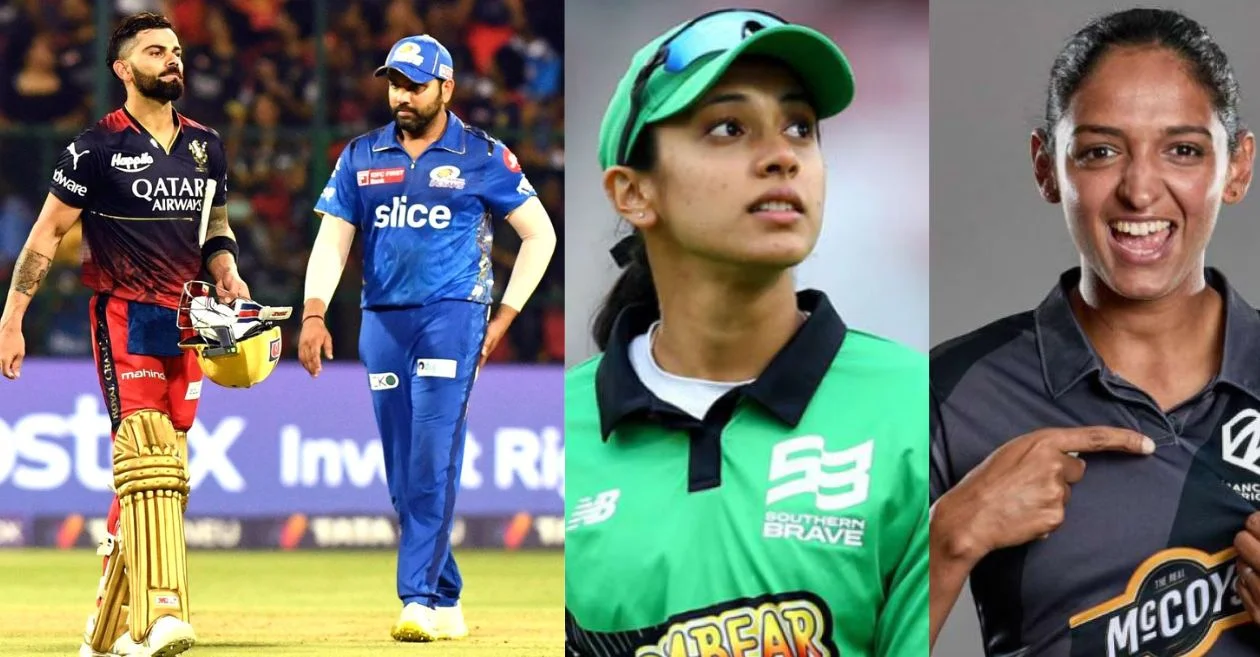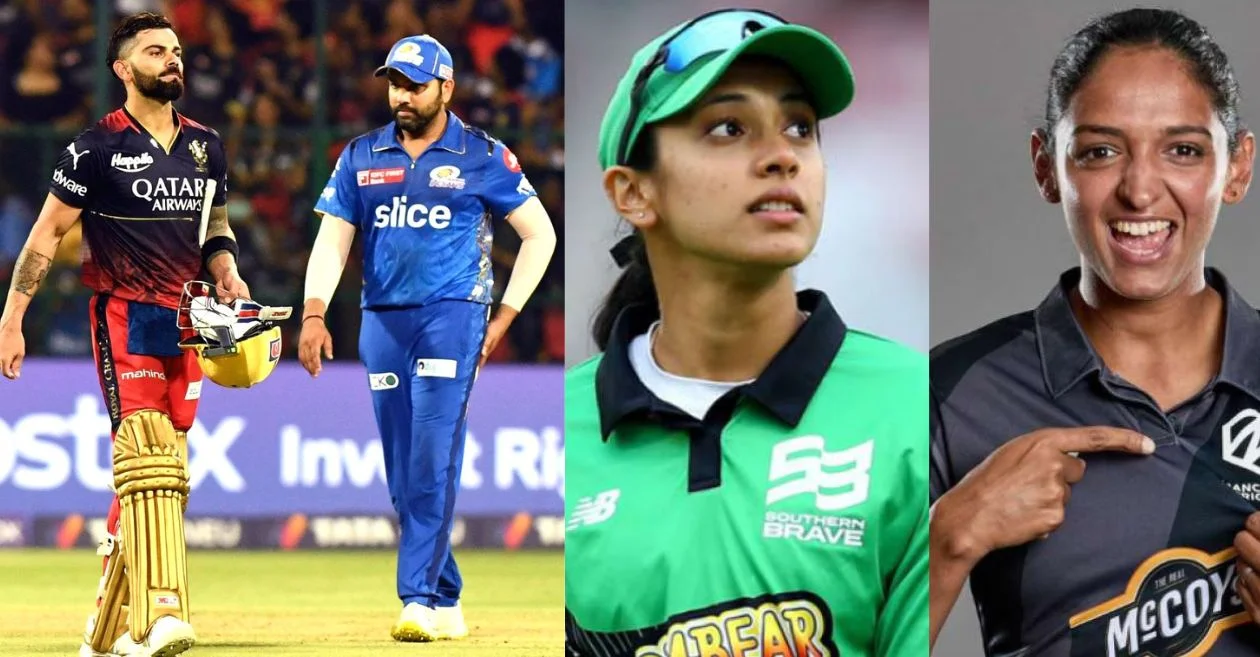Physical Address
304 North Cardinal St.
Dorchester Center, MA 02124
Physical Address
304 North Cardinal St.
Dorchester Center, MA 02124


In the complex world of cricket administration, the Board of Control for Cricket in India (BCCI) has maintained a strict policy that prohibits Indian male cricketers from participating in foreign T20 leagues. This stance, rooted in safeguarding the interests of Indian domestic cricket and managing player workloads, has been consistent despite repeated calls for change from various quarters, including former players and cricket administrators.
The inception of this policy dates back to around 2010 when the Big Bash League (BBL) was being planned. Dr. Harry Harinath, a former director of Cricket Australia (CA), urged the BCCI to allow Indian players to participate in the BBL. Harinath’s vision included high-profile players like Rohit Sharma representing the Sydney Thunder, which he believed would boost the league’s appeal and bring in more fans and revenue.
However, the BCCI foresaw significant repercussions. Allowing Indian players to feature in overseas leagues would potentially divert eyeballs and sponsorship away from domestic cricket, particularly the Indian Premier League (IPL), which was rapidly becoming a global cricketing powerhouse. The IPL founders suggested a resolution to bar Indian players from foreign leagues and restrict IPL franchises from participating in friendly overseas matches. This move aimed to protect the IPL’s primacy and ensure that domestic cricket remained the backbone of Indian cricket.
The economic disparity between the IPL and other T20 leagues is another critical factor. The total player purse in leagues like the ILT20 (USD 2.5 million) and SA20 (USD 2 million) is significantly lower than the salaries of top IPL stars. This makes overseas tournaments less attractive for India’s top cricketers. Moreover, the BCCI is concerned that allowing second or third-tier Indian players to play abroad might not provide them with sufficient playing opportunities, thus defeating the purpose of their participation.
Protecting the integrity and schedule of domestic cricket is a paramount concern for the BCCI. Rahul Dravid, the former Indian men’s cricket team coach, emphasized that allowing Indian players to participate in foreign leagues would clash with the domestic season, particularly the Ranji Trophy, which is crucial for nurturing future Test cricketers. Notably, the BCCI conducts over 2500 domestic games annually, and the participation of key players in these tournaments is essential for maintaining the standard and competitiveness of domestic cricket.
The concept of workload management also plays a role. The BCCI aims to prevent player burnout and injuries by limiting their participation in additional tournaments. The focus is on ensuring that Indian players are fit and available for national duties, including international series and major ICC tournaments.
Despite the stringent restrictions on male Indian cricketers, the BCCI has not imposed similar rules on women cricketers, allowing them to participate in foreign leagues like the Women’s Big Bash League (WBBL) and The Hundred. This policy provides Indian women cricketers with valuable international exposure and experience, helping them enhance their skills and compete at higher levels.
The decision to allow women cricketers to play abroad aims to promote and develop women’s cricket, which is still in its developmental stages compared to the men’s game. By gaining experience in foreign leagues, Indian women cricketers can contribute to the sport’s growth globally and improve the competitiveness of the national team.